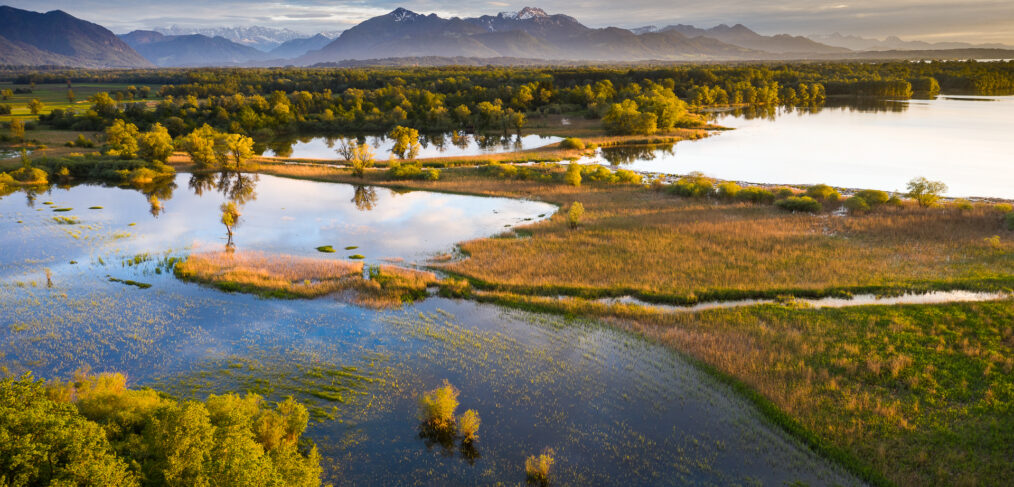
NATURE RESTORATION TO BRING BACK BEES & BIRD SONG
NATURE PACKAGE
Today, the European Commission presented its long-awaited nature package that includes nature restoration and the reduction of the use of pesticides. This first of its kind nature restoration law proposes legally binding targets for different types of ecosystems in every Member State. The Greens/EFA Group welcomes the ambitious proposal and the inclusion of key green demands such as healthy ecosystems as the basis for food security, and binding restoration targets and mandatory restoration plans for Member States. The proposal to reduce the use of pesticides by half is a good first step.
Jutta Paulus MEP, Greens/EFA shadow rapporteur on the nature restoration package in the Environment Committee, comments:
“We are in the midst of the sixth mass extinction and a biodiversity crisis, which is why the long-awaited EU nature restoration law is urgent. We welcome the fact that the Commission is setting stricter requirements for existing nature conservation areas and proposing clear, verifiable guidelines for nature restoration measures, including binding targets and restoration plans for Member States.
“With this proposal, the Commission shows it has an understanding that nature conservation and food security go hand in hand. Healthy ecosystems ensure fertile soils and safeguard our food supply. The proposed law rightly focuses on carbon-rich ecosystems such as wetlands, forests and permanent grassland, which are indispensable for climate protection. Unfortunately, the targets for peatlands were watered down at the last minute under pressure from the agricultural industry. Yet these habitats are important for biodiversity and help with climate adaptation. We will fight for large-scale restoration of wetlands, as this is essential for reaching our climate targets.”
Bas Eickhout, Greens/EFA MEP and Vice-Chair of the Environment committee, comments:
“A big, and very successful, agricultural lobby has used the war in Ukraine to push aside environmental rules in order to boost food production. However, what applies to climate change, also applies here: this crisis should make us aware of how dependent we are on fossil fuels and importing our food, especially animal feed. We need to build a resilient European agricultural sector that works with nature, not against it. For that, you need laws like this.
“We welcome the fact that the Commission is sticking to the target of reducing pesticides by half despite massive lobby pressure. We know it can be done, but the farmers will also need support from governments with the transition. Particularly since the sector is already under pressure. Now is the time to promote and support switching to sustainable business practices, and also in making organic farming much more attractive in the value chain.”
